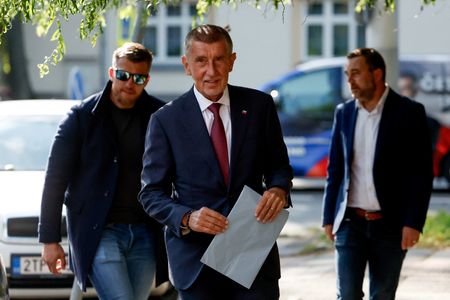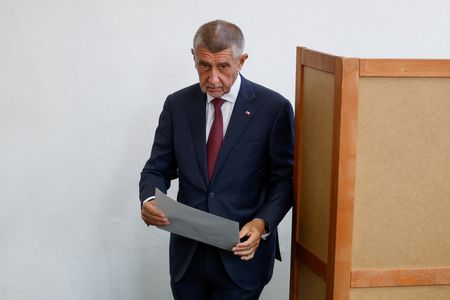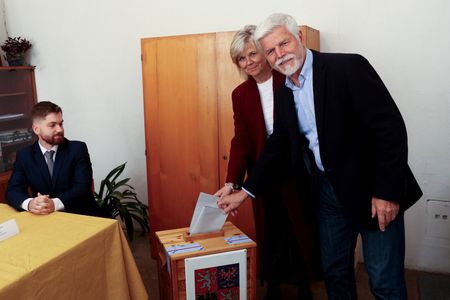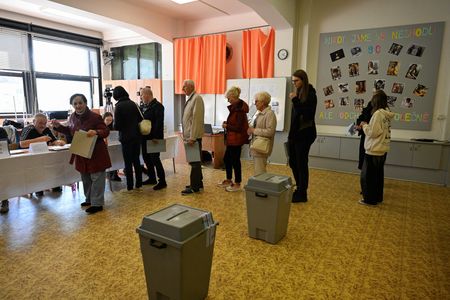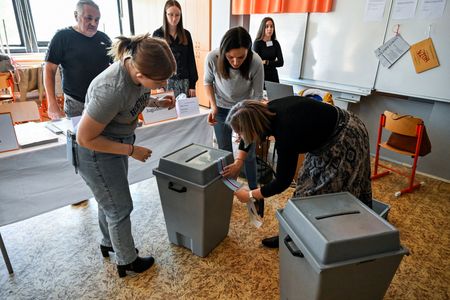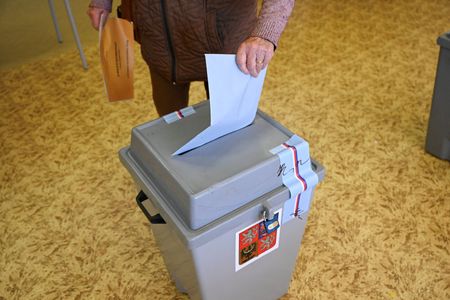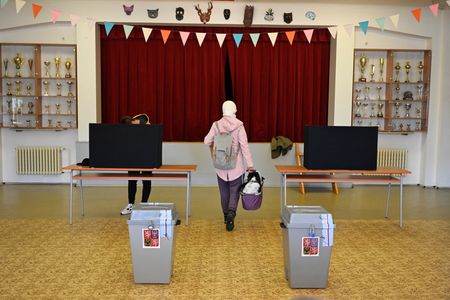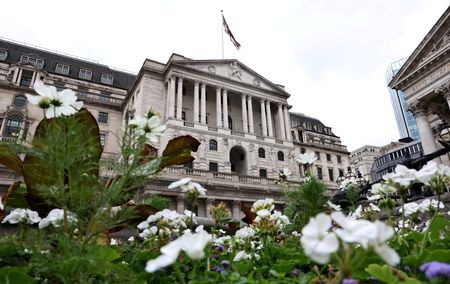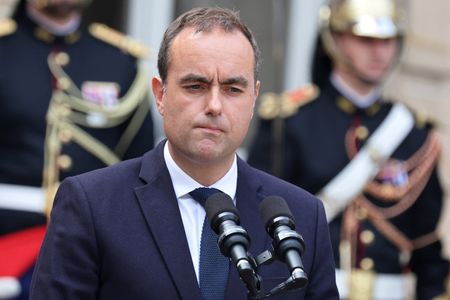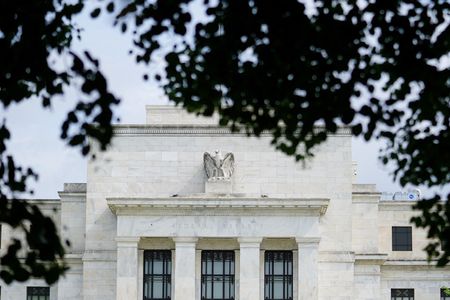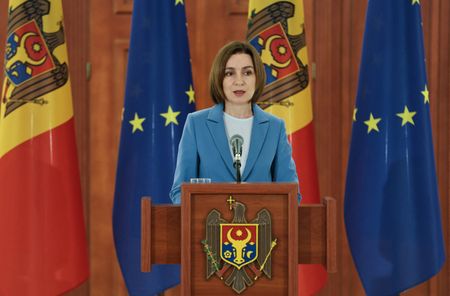By Jan Lopatka
PRAGUE (Reuters) -Czechs began voting on Friday in an election likely to oust their centre-right government, with polls favouring populist billionaire Andrej Babis to return to power on pledges to raise wages and lift growth while reducing aid for Ukraine.
The change would boost Europe’s populist anti-immigration camp and could complicate consensus on climate policies in a country where no sitting government has won a second term since 1996.
Czechs endured inflation surges after the global pandemic and Russia’s invasion of Ukraine, and have had a slow recovery from one of Europe’s worst drops in real incomes.
That has hurt the popularity of Prime Minister Petr Fiala’s Spolu coalition and its liberal government allies, who focused on lowering the budget deficit.
Both candidates made last-ditch appeals to voters on Friday morning, with Babis handing out doughnuts in the industrial city of Ostrava.
Babis is an ally of Hungary’s Viktor Orban in the Patriots for Europe group in the European Parliament, and has taken an ambivalent line on aid to Ukraine – a departure from Fiala’s government that quickly took a firm stance to support Kyiv after Russia’s full-scale invasion in 2022.
While donating less than others financially, the Czechs were among the first to provide tanks and fighting vehicles and they set up the so-called “Czech initiative” pulling together traders and defence officials to find millions of artillery rounds around the world for Kyiv with financing from Western countries.
Babis has pledged to end the ammunition project, saying it is overpriced. He wants NATO and the EU to handle Ukraine.
“We don’t have the money here for our people. Our programme is for a better life for Czech citizens… We are not in Ukraine,” Babis, 71, said in a Wednesday debate on CNN Prima News television.
BABIS PARTY SHORT OF ALLIES
Polls point to Babis’s ANO party winning more than 30% of the vote, about 10 points more than Fiala’s Spolu coalition. But, even with a small ally called Motorists, it will likely lack a majority in the 200-seat lower house of parliament.
ANO’s sour relations with Spolu and its allies mean the party may need support from anti-EU and anti-NATO fringe parties – the far-right SPD and the far-left Stacilo! – for its preferred one-party cabinet.
Babis has rejected any steps towards exit from the EU or NATO, including calls for referendums, countering accusations by the current government that he would drag the country off its democratic pro-Western course.
“This fearmongering will scare many voters, but that is a pity as it is not based on the truth,” Martin Klihavec, an entrepreneur voting ANO, said at a Babis rally in Kralupy near Prague earlier this week.
“Under Babis’s previous government, I was better off.”
Babis must overcome other hurdles to become prime minister. As the owner of a chemicals and food empire, he needs to find a way to comply with conflict-of-interest laws. He also faces a trial on fraud charges related to drawing an EU subsidy more than 15 years ago, a charge he denies.
Spolu and its allies could retain a majority if some small parties win fewer votes than the 5% threshold needed to get into parliament, a scenario that helped them in the last election but is unlikely to be repeated, according to pollsters.
Polls will be open until 10 p.m. (2000 GMT) on Friday and from 8 a.m. until 2 p.m. on Saturday, with results expected that afternoon.
(Reporting by Jan Lopatka, Jason Hovet and Michael Kahn; Editing by Alex Richardson)

